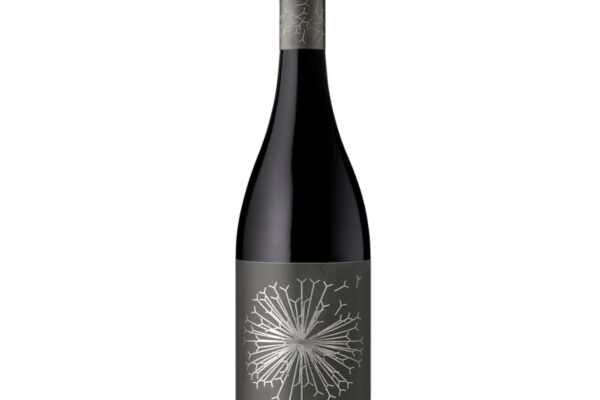
The term ‘complexity’ is often used to describe a wine’s multifaceted character. A complex wine offers a range of flavours, aromas and sensations that unfold in layers as you taste it. Unlike a simple wine, which might be pleasant but one-dimensional, a complex wine keeps your palate engaged by constantly revealing new aspects of its profile.
Complexity can arise from various factors, including the grape variety, the terroir where the grapes are grown and the methods used in winemaking. For example, the fermentation process, the type of barrel used for ageing and even the length of time the wine is aged can all contribute to its complexity.
The experience of tasting a complex wine is often described as a journey. Initially, you might detect certain primary flavours like fruit or floral notes. As the wine sits in your mouth and as you swallow, secondary and even tertiary flavours may emerge, such as spice, earth or mineral tones. The finish, or the taste that lingers after you’ve swallowed, can also be complex, offering evolving flavours that make you want to take another sip to continue exploring.
Complexity is highly prized by wine connoisseurs and is often a hallmark of a well-made, high-quality wine. However, it’s worth noting that complexity is subjective and can vary from person to person based on individual palate preferences. So, what one person finds complex and engaging, another might not. Nonetheless, when you hear someone describe a wine as complex, you can generally expect a multi-layered, intricate experience that offers more than just a straightforward taste.















